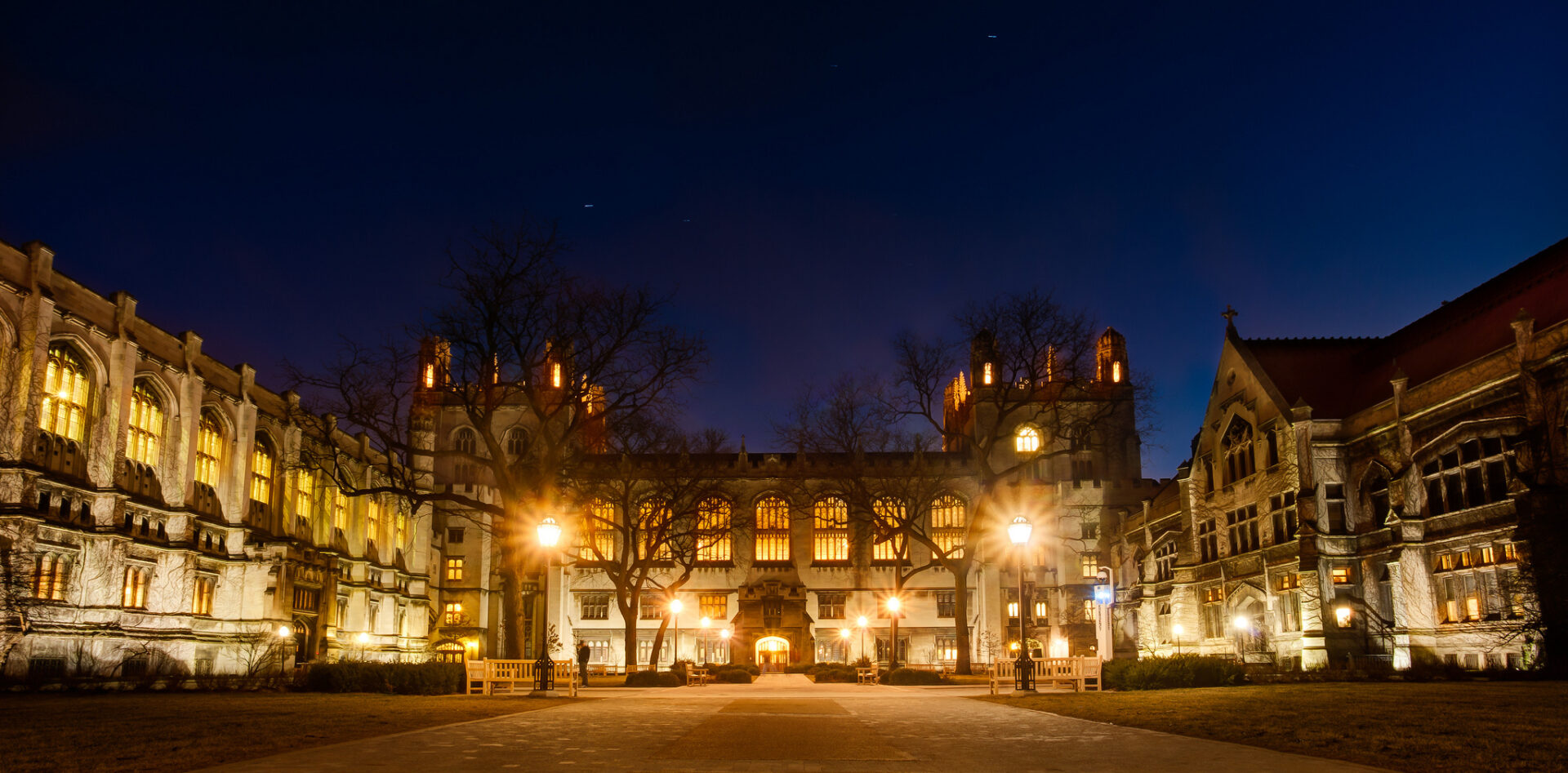Amid the current discussions of rapidly increasing student loan debt, the unaffordability of higher education, and the gap between our college graduates and the skills necessary for the jobs available, the intrinsic benefits of a college education are easily overlooked. Though not explicitly mentioned in our founding documents, America’s early leaders resolved that education would play a paramount role in the success of our young democracy. In a growing global economy and within an increasingly complex political system, the need for highly educated American citizens has never been greater.
With its rising costs, higher education is widely viewed as strictly a “private” good, meaning a benefit more to the student than to the public. Given this viewpoint, the student is seen as more of a consumer than a scholar. This notion is discouraging and far from what our founding fathers, particularly Jefferson, had in mind for education in America. Jefferson described the goals of education as:
To give to every citizen the information he needs for the transaction of his own business; To enable him to calculate for himself, and to express and preserve his ideas, his contracts and accounts, in writing; To improve by reading, his morals and faculties; To understand his duties to his neighbors and country, and to discharge with competence the functions confided to him by either; To know his rights; to exercise with order and justice those he retains; to choose with discretion the fiduciary of those he delegates; and to notice their conduct with diligence, with candor and judgment; And, in general, to observe with intelligence and faithfulness all the social relations under which he shall be placed. To instruct the mass of our citizens in these, their rights, interests and duties … are the objects of education. — Report of the Commissioners for the University of Virginia
The benefits of education are multifold. As Jefferson implied, even the personal benefits of literacy and problem solving can impact someone’s greater community. If every citizen is aware of their personal and moral convictions, they can act not only with passion but with the confidence and knowledge of what they are doing has the potential to impact those around them. The crux of innovation is citizens who challenge our systems to be better, and it is through education that the movers and shakers of each generation are created.
With information more accessible and readily available than ever before, Americans have the greatest potential to be better informed than any in our history. However, mounting evidence illustrates that, today, many Americans are inadequately prepared to act as informed citizens in their own communities, let alone their states or the greater global community. The Massachusetts Board of Higher Education (2014) studied the implementation of civic learning and engagement outcomes. They contend that, colleges and universities stimulate student civic learning and that through their academic coursework, co-curricular activities, and civic engagement opportunities, students gain the knowledge, values, skills, and capabilities that are needed by today’s democratic citizens.
This attitude shift toward viewing higher education as a public good will likely play a role in the larger policy agenda.
The most important thing you can do as higher education policy folks is to be consumed 24/7 with the messy business of our representative democracy. The best policies in the world related to completion or longitudinal data will count for little unless they are embraced by policy makers, especially state and federal legislators, and their employers, the ever more fractured and politically self-segregated electorate — people who often don’t look past the private benefits of higher education.
We must not take this calling lightly. The preservation of our democracy continues to be the one greatest social experiments in the history of organized government. Operating under the assumption that higher education is a private rather than a public good is a mistake. Though it is not the responsibility of the republic to pay for higher education entirely, the personal and financial investments by students are necessary to help citizens take ownership of the role they play in their larger communities. By emphasizing a commitment to influence the civic life and participation of our fellow citizens as a function of higher education, in conjunction with the practical skill development necessary to maintain a vibrant and innovative workforce, America will not only be preserved as the flagship of modern day democracy, but will also maintain the prestige and pride we have in our civic participation.
(Image source)

http://thejosias.com/2014/11/01/the-american-founders-and-the-aristotelian-tradition/
“With its rising costs, higher education is widely viewed as strictly a “private” good, meaning a benefit more to the student than to the public.”
No it’s not. This is entirely backwards. All the rhetoric from the government for decades has been that We The People need more scientists, engineers, etc., or We will fall behind Them (“Them” changes every few years but the schtick never does). That’s why We must shovel vast sums of money into the “higher education” system, even (especially?) if it means consigning so many individuals into permanent debt slavery.
[…] (Megan Lechner, Higher Education and Civic Engagement) […]
This article is the most bizarre collection of content-free disconnected schizophrenic word salad I’ve ever read.
No, that’s unfair to real schizies. I’ve known some of them, and they make vastly more sense than this article because they have a healthy suspicion of elite authorities.
One of the problems of the article supra – the main problem – is that it convolutes “public” with “state” or “government.”
Comments are closed.